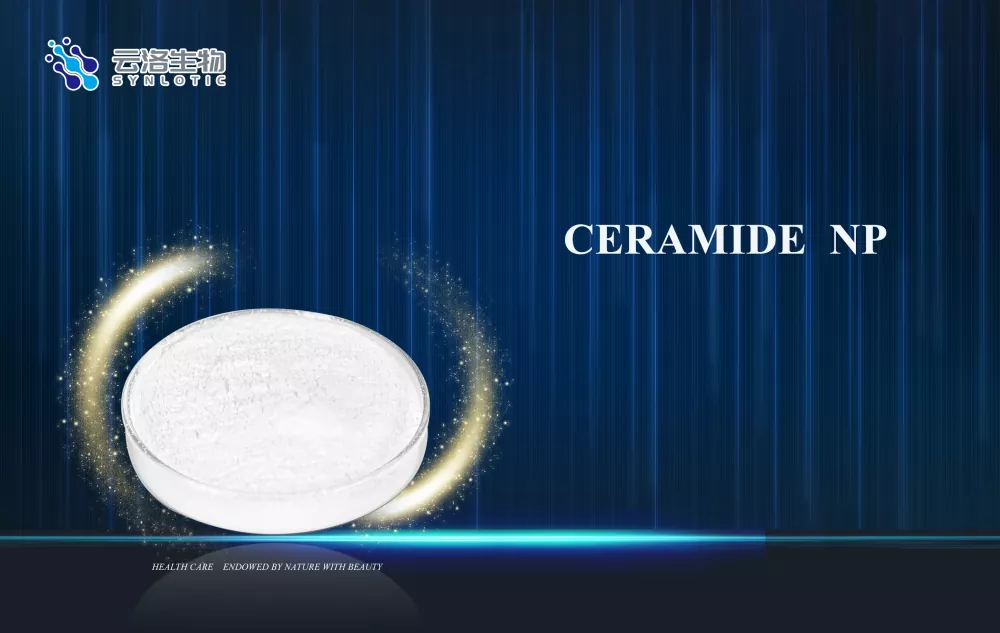What to Know About Ceramides for Skin: Your Skin’s Unsung Hero
2025-04-25
When it comes to skincare buzzwords, ceramides are having a well-deserved moment. But what exactly are they—and why does your skin love them so much?
Let’s break it down.
What Are Ceramides?
Ceramides are lipids (fats) that are naturally found in the outermost layer of your skin. Think of them as the mortar between the bricks of your skin cells—helping to hold everything together and form a strong, protective barrier.
Your skin actually produces ceramides on its own, but factors like aging, harsh cleansers, weather, and pollution can deplete them over time.
Why Are Ceramides Important for Your Skin?
Here’s what ceramides do for you:
- ✅ Reinforce the skin barrier: Prevents moisture loss and keeps irritants out
- ✅ Lock in hydration: Essential for maintaining soft, smooth, plump skin
- ✅ Soothe sensitive or irritated skin: Great for people with eczema, rosacea, or dryness
- ✅ Anti-aging benefits: Help reduce the appearance of fine lines caused by dryness

Who Should Use Ceramides?
Everyone. Seriously. Whether you have oily, dry, sensitive, or mature skin, ceramides are universally beneficial. They’re especially helpful if:
- Your skin feels tight or flaky
- You use exfoliants or retinoids
- You’ve overdone it with active ingredients
- You’re looking to repair a damaged skin barrier
How to Use Ceramides in Your Routine
Look for moisturizers, serums, and cleansers that include ceramides. Popular forms on ingredient lists include:
- Ceramide NP, Ceramide AP, Ceramide EOP (and more)
- Phytosphingosine
- Cholesterol (which works alongside ceramides)
💡 Pro tip: Pair ceramides with ingredients like hyaluronic acid, glycerin, and fatty acids for a hydration powerhouse.
Final Thoughts
Ceramides are like the glue that keeps your skin barrier strong and healthy. Whether you're dealing with dryness, sensitivity, or just want glowing, resilient skin, ceramides are a smart addition to your skincare routine.
Bottom line?
If your skin could talk, it would probably ask for more ceramides.


